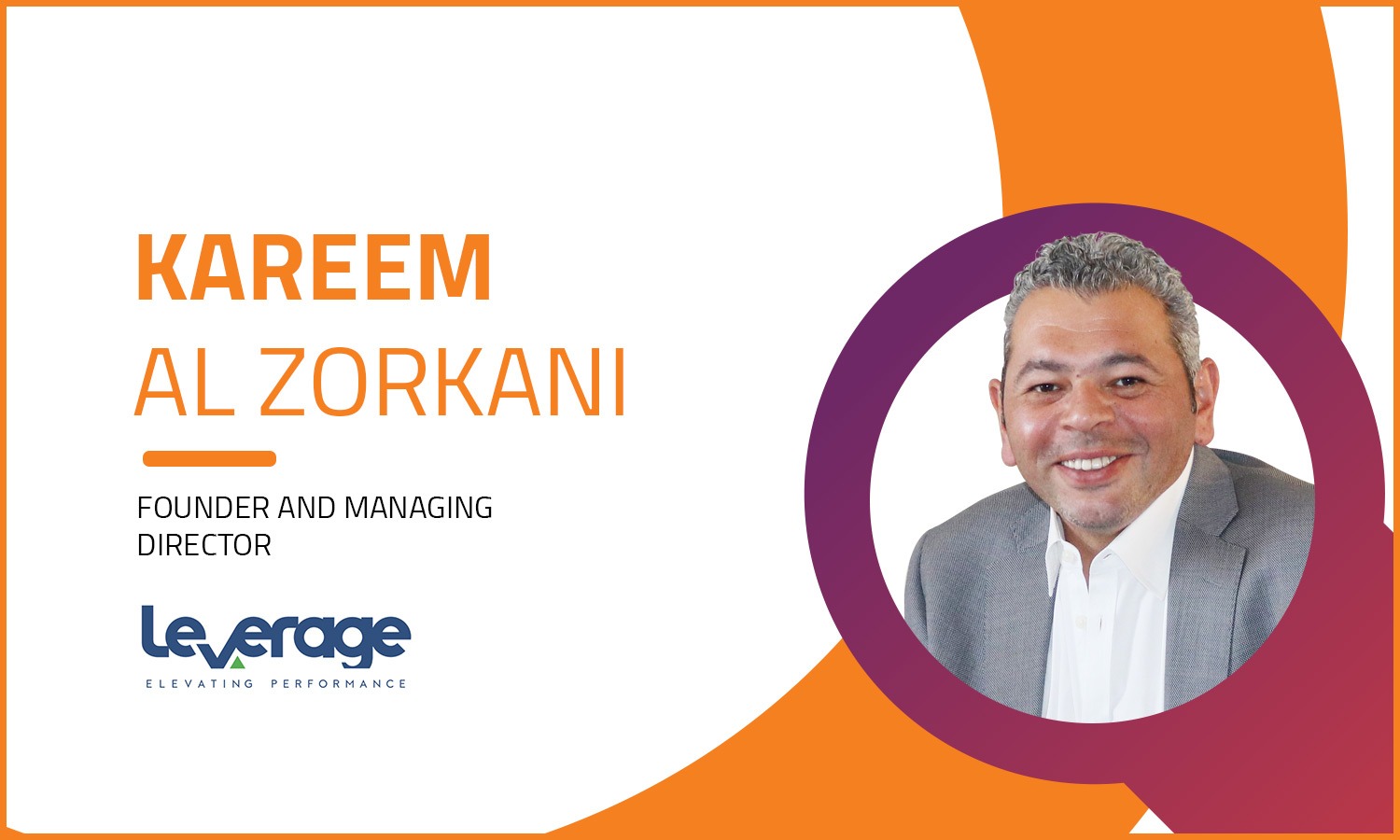Egypt’s Carbon Market: Balancing Economic Growth and Environmental Stewardship
Updated 8/20/2024 8:00:00 AM
The global imperative to combat climate change has spurred the emergence of innovative, market-based solutions. Among these, voluntary carbon reduction certificates are becoming a key tool to incentivize emissions reductions.
Egypt, facing dual challenges of climate change and economic growth, has made a significant move by launching its first regulated voluntary carbon market. By examining the market's key features, benefits, challenges, and opportunities, voluntary carbon reduction certificates can play a role in driving sustainable development and economic prosperity in Egypt.
A Catalyst for Sustainable Development
Carbon markets are economic systems where entities trade greenhouse gas emission allowances. While compliance carbon markets are regulated and require participants to meet specific emission reduction targets, voluntary carbon markets offer a platform for companies, cities, or regions to voluntarily offset their carbon footprint by purchasing credits. These credits represent emissions reductions achieved by others, according to the United Nations (UN) Environment Program.
Having voluntary carbon reduction certificates is significant to ensure sustainability across different sectors. Ibrahim Yousif, an economist, tells Arab Finance: “Many voluntary carbon reduction certificate projects promote sustainable development to deliver additional social and environmental benefits, such as improving livelihoods, protecting biodiversity, and enhancing community resilience.”
“These certificates can stimulate the development of new technologies and approaches to reduce greenhouse gas emissions by creating a market for carbon reductions,” Yousif adds.
This comes as carbon pricing brings in revenues that can be used in climate action projects. In 2023, carbon pricing revenues reached $104 billion, according to the World Bank’s “State and Trends of Carbon Pricing 2024” report. More than half of the proceeds were directed toward climate and nature-related programs.
Egypt has previously explored carbon trading, but the absence of a domestic platform and regulatory framework has hindered consistent development.
In 2022, the Financial Regulatory Authority (FRA) proposed amendments to the Capital Market Law, laying the groundwork for a legal framework to support carbon trading. This regulatory shift enables organizations to generate Certified Emissions Reduction (CER) credits through emissions reduction initiatives.
The Egyptian Exchange (EGX) has already attracted nearly 11,000 new investors to its nascent carbon market, demonstrating significant interest in this emerging market.
Pioneering Africa's Voluntary Carbon Market
Egypt has taken a significant step towards economic and environmental sustainability by launching its first regulated voluntary carbon market. This market enables the registration, issuance, and trading of carbon reduction certificates, marking an important milestone for the country.
The FRA launched AFRICARBONex, Africa’s first voluntary carbon market, which enables companies to issue and trade carbon certificates across Egypt and Africa, Yousif explains.
“The launch of the carbon market aligns with Egypt Vision 2030, the National Climate Change Strategy 2050, and recommendations from international organizations such as the World Bank and OECD,” he notes.
By balancing between economic growth and environmental stewardship, this initiative underscores the nation's commitment to mitigating climate change impacts while driving sustainable development.
Egypt's leadership in this domain also contributes to the broader goals of Africa’s Agenda 2063, which promotes climate-resilient and environmentally sustainable economies across the continent, according to Minister of Planning and Economic Development Rania Al-Mashat.
Potential Economic Opportunities
Launching the carbon market in Egypt and encouraging voluntary carbon reduction certificates positively impact the Egyptian economy.
“A regulated voluntary carbon market in Egypt could serve as a powerful catalyst for economic transformation, unlocking multiple layers of benefits for the nation’s economy,” Ali Metwally, an economist, says to Arab Finance.
“It is expected to attract substantial investment, both from local and international companies eager to offset their carbon footprints,” Metwally points out.
Hanin El-Mahdy, an economist and asset management consultant, agrees, stating that “Egypt can enhance its international reputation by developing a transparent, well-regulated carbon market that aligns with global standards, attracting foreign investment, and showcasing its commitment to climate action.”
Furthermore, the carbon market can affect the employment market in Egypt. “Voluntary carbon reduction certificates could be a powerful engine for job creation and economic expansion across multiple sectors,” as per Metwally.
“The growth of industries related to carbon management, including renewable energy, energy efficiency, carbon sequestration, and environmental consulting, could create numerous new, high-skilled jobs. These green jobs are crucial for driving sustainable economic growth and reducing unemployment,” Metwally expects.
Additionally, voluntary carbon reduction certificates can boost Egypt's regional role. El-Mahdy says, "Egypt can lead the regional carbon market by expanding its renewable energy projects, developing a robust regulatory framework for carbon trading, and investing in carbon capture technologies.”
“Egypt should leverage its strategic position, particularly the Suez Canal, to promote green shipping initiatives, while actively participating in regional climate diplomacy and aligning with global standards to enhance its leadership role."
Challenges and Opportunities in Egypt's Carbon Market
Implementing a carbon market can be fraught with challenges. According to Yousif, limited market demand, verifiable credentials, and the potential contributions of the private sector are the main challenges Egypt may face in implementing a voluntary carbon market.
Despite these challenges, the carbon market and voluntary carbon reduction certificates offer a number of opportunities.
Meanwhile, Metwally states, "The carbon market also presents a substantial opportunity for innovation and technological advancement, such as carbon capture and storage technology, which could drastically reduce industrial emissions, transforming carbon-intensive sectors into active participants in the carbon market."
Moreover, the carbon market could benefit from digital and blockchain technologies, which would ensure the transparency, traceability, and security of carbon credits. This could increase market confidence and attract more participants, both locally and internationally, according to Metwally.
Egypt's move to establish a regulated voluntary carbon market marks a pivotal moment in its journey toward a sustainable and prosperous future.
By embracing voluntary carbon reduction certificates and encouraging businesses and individuals to participate in carbon trading, Egypt aims to accelerate the transition to a low-carbon economy, while generating additional revenue streams and fostering a more environmentally conscious business culture.
By Sarah Samir
Related News










